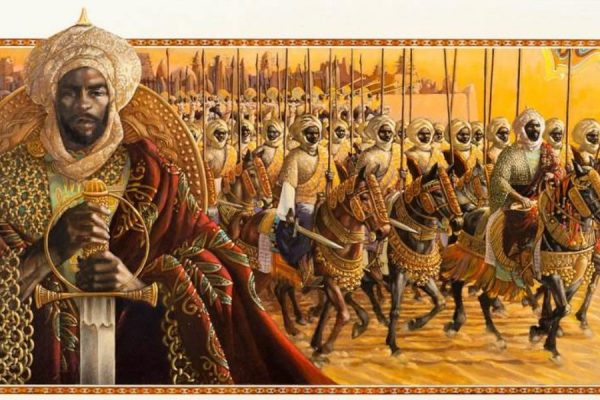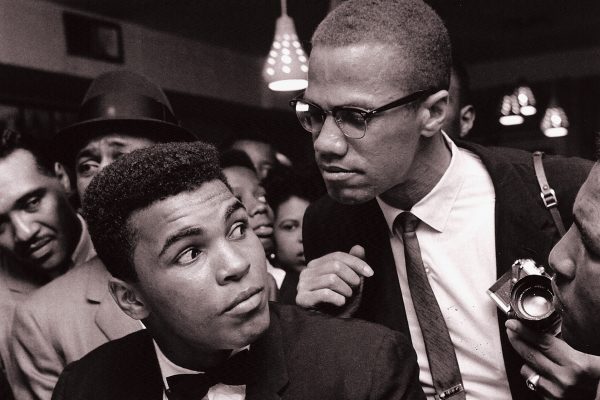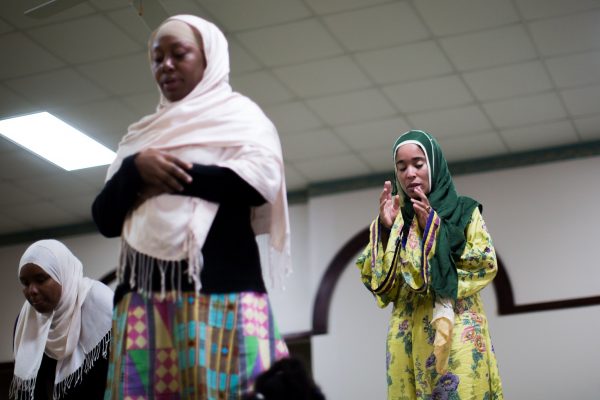A new report published by The Muslim Council of Britain and Everyday Muslim highlights the lived experience of Black British Muslims.
A new report published by The Muslim Council of Britain and Everyday Muslim highlights the lived experience of Black British Muslims.
Did you know that in over 20 African countries, Islam is followed by more than half the nation’s population? Or that it is estimated that almost one-quarter of the world’s 1.8 billion Muslims resides in Africa?
Here in the UK, approximately 10% of Muslims are of African or African-Caribbean heritage. And who can forget the Quranic verse which reminds us that
O mankind! Lo! We have created you male and female, and have made you nations and tribes that ye may know one another.”
[49:13]
It is in this spirit that a new report, Race, Faith & Community in Contemporary Britain, was published yesterday. The report, published by the Muslim Council of Britain in collaboration with Everyday Muslim and other partner organisations, contains a collection of over 40 essays which aims to shine a light on the heritage, perspectives and contributions of African and African-Caribbean Muslims in the UK.
Black British Muslim communities hail from countries as diverse as Barbados, Eritrea, Ethiopia, Gambia, Ghana, Ivory Coast, Jamaica, Kenya, Niger, Nigeria, Rwanda, Senegal, Sierra Leone, Somalia, Sudan, Tanzania, Trinidad & Tobago, Uganda and more.
Our story is not one of just challenges and struggles but also of success, hopes, dreams and ambitions for the future. Whether it’s in education, employment, health, media, politics, criminal justice, sports, arts & heritage or other fields of life, there is so much scope to work towards a more holistic and unifying experience of community for British Muslims of all ethnic backgrounds.
As Muslims, we are already a minority in the UK, facing deep challenges in terms of Islamophobia, below-average health outcomes, and employment and housing inequalities, to name but a few. And the fall-out from the Covid-19 pandemic and shock waves from the cost of living crisis is only just starting to be felt across our communities. It is unfortunate, therefore, that at times, we allow anti-black prejudice within our own communities – which goes against the very ethos of the teachings of our beloved Prophet Muhammed (PBUH) – to distract us from tackling these challenges together.
What are the potential solutions? For example, in education, how can our madrasa curriculums incorporate the full ethnic spectrum of role models from Islamic history? Do our Muslim representative and communal bodies embed diversity in their leadership teams and media representatives? And when hurtful incidents of racism do occur within our communities, do we tackle them head-on and swiftly, or do we ignore and brush them under the carpet? These and other practical and tangible steps are explored further in the report.
Muslims in Britain, as well as globally, form an immensely diverse melting pot of ethnic backgrounds, languages and cultures. And given Britain’s generally more multi-cultural context, second and third-generation Muslims in Britain are less likely to see Islam and Muslims purely through an Arab or South Asian lens only. But we cannot be complacent and assume that issues relating to unconscious bias or prejudice will be fixed on their own through the passage of time.
We hope the reflections in this series of essays shares valuable insight into the lived experience of Black British Muslim communities today. And we pray that the report’s recommendations move us one step closer to ensuring all voices across our Muslim communities are heard and acknowledged in our efforts to achieve a just, cohesive and peaceful British society.
Rashidat Adeyinka Hassan is Assistant Secretary General of the Muslim Council of Britain. ‘Race, Faith & Community in Contemporary Britain’ was published on 22 September 2022 and can be downloaded online here.





